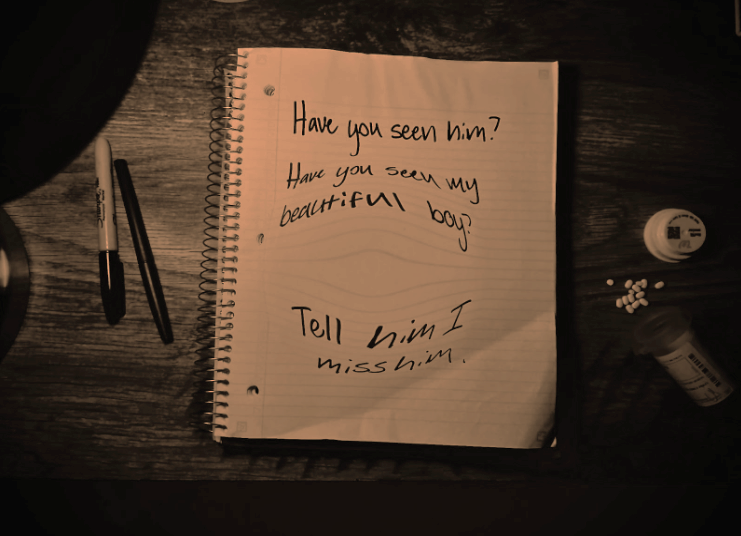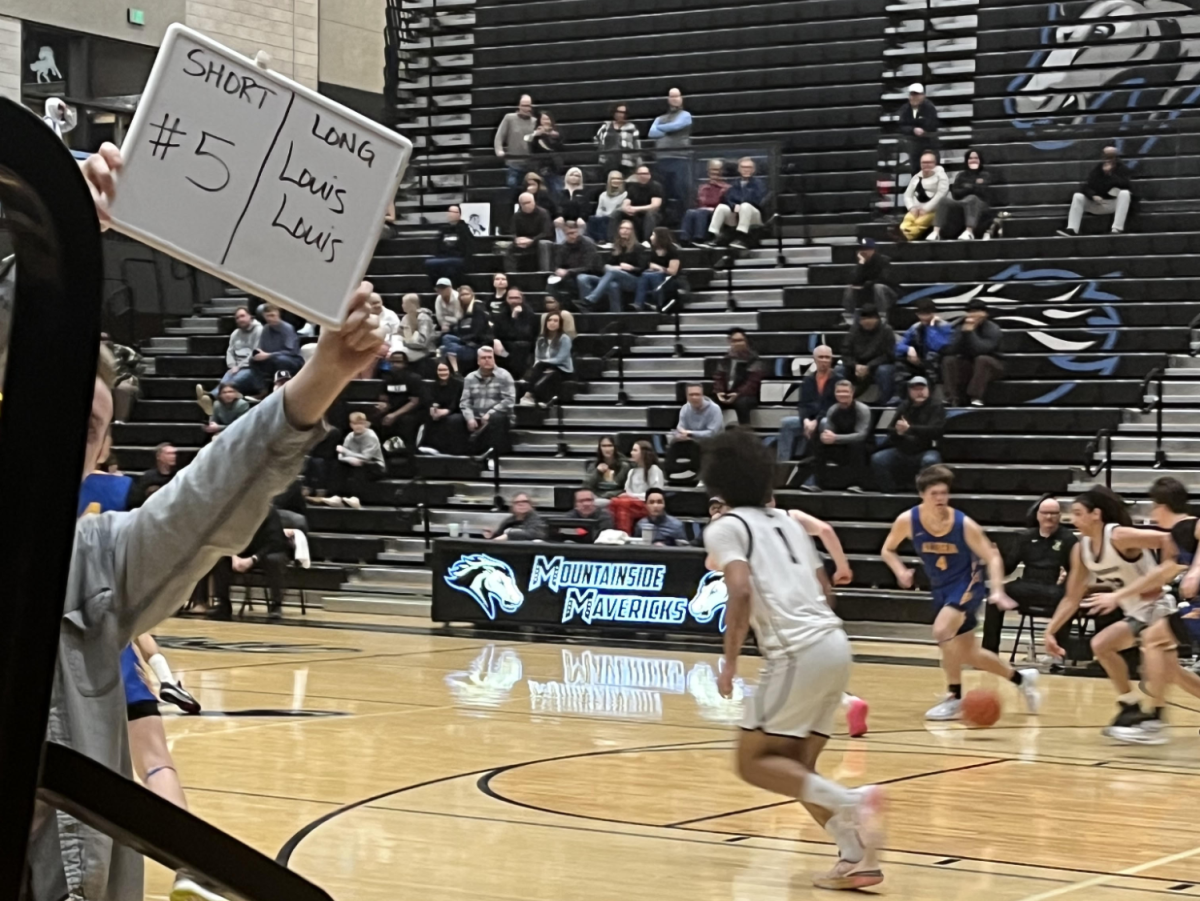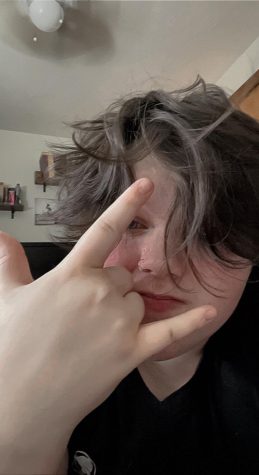“Have you seen him? Have you seen my beautiful boy? Tell him I miss him.” – David Sheff, Beautiful Boy: A Father’s Journey through his Son’s Addiction.
Beautiful Boy, written by David Sheff in 2008, broke my heart. And I don’t think I’ll ever be the same after reading it.
WARNING: Spoilers littered through the text.
Addiction is unavoidable. It’s been around since long before you and I were even a twinkle in the universe’s eye. But it’s not like other sicknesses, no. You don’t get the closure of knowing there’s nothing you could have done, or that they would’ve saved themselves if they could. All you are left with is a broken empty feeling of: why?
This is the question that David Sheff explores throughout his memoir, pondering the different ways things could have gone, what was preventable, and what was inevitable. The hardest part is telling the difference. He details the memories of raising his son, Nic, starting from birth and onward, all the while switching back and forth between before and after addiction entered his life, and more so his son’s. He serenades us with sweet tales of Nic’s innocent child-like wonder and excitement, only to cold plunge us into the dark and isolating truth of the realization that that was something he would never get back. Something he took from himself. So these memories, these flashbacks to seemingly better times are just Sheff’s way of searching for the thing that will make it all make sense.
“I torment myself with the same unanswerable questions:
Did I spoil him?
Was I too lenient?
Did I give him too little attention?
Too much?
If only we never moved to the country.
If only I never used drugs.
If only his mother and I had stayed together.
If only and if only and if only…”
At almost every turn he pushes the blame onto himself.
Once we leave Nic’s childhood years, we enter this sort of grunge phase of his. Nirvana blasting on the radio, skateboarding, and apparently — weed. Sheff details the experience of finding the ziplocked ounce sitting at the bottom of his suitcase on vacation and is in disbelief. Nic? Shock colors his writing strongly. His Nic smokes weed?
And there it was, Nic’s gateway drug, beckoning him through the creaking doors of addiction. And Sheff could almost see it, the beginning of something so much bigger than him, so much more powerful than any influence he had, taking over his son’s life right before his very eyes. So naturally, he lectures, tells him about the dangers of gateway drug use, and truly believes that Nic takes in every word. He’d never wander down that path again. Of course, as the pattern of addiction goes, that’s not exactly how it went down.
Nic goes on a trip to Paris for school and comes back different, seemingly worn down and very obviously hungover. Sheff questions his son and nothing comes out of it but lies and excuses. And once again, he believes him.
That is his constant struggle. This innate trust and belief that his son will be able to get back on his feet. That his substance abuse is only a minor setback to his undeniably bright future. This couldn’t be the way Nic’s life was going to be, he couldn’t accept it.
“No, I think.
Nic is in control.
No, Nic is out of control.”
So, he picks Nic up when he falls. Searches for him when he goes missing. He worries himself sick when he won’t pick up the phone. Drives himself insane at every waking moment wondering: is he dead? Have I lost him? Every ring of the telephone is a mini heart attack, just because this might be the call that tells him he’s gone. Finally and totally. But that call never comes, and Nic is always fine, and 6 weeks clean except for some Xanax to help take the edge off.
“I try not to blame Nic.
I don’t.
Sometimes I do.”
And that would be so easy to do, to blame him. Nic. If only he wasn’t such a forgivable creature when sober.
“I’m looking for a way to say sorry more than with just the meaninglessness of those two words.”
Continuously our author places Nic on this sort of pedestal, not justifying his behaviors by calling them forgivable, but saying that his actions aren’t his own. He’s sick. Addiction was his illness and in turn, it became his father’s.
There is no right answer on how to help those with addiction. No absolute guidebook or podcast episode on how to tell if you’ve lost something or if your addict son stole it. And that wasn’t the goal of Beautiful Boy; to tell you what the right thing to do is when you find out your child has an addiction would be an impossible task. What this book did, in my opinion, was give you the raw and the real. To put everything on the table, as ugly as the truth can be. To show that, while you may try to help them at every turn, there is no guarantee they will do the same. For you, or for themselves. In fact, it is very likely that they will do the exact opposite.
“Nic once told me, quoting an AA platitude, ‘an alcoholic will steal your wallet and lie about it. A drug addict will steal your wallet and then help you look for it.’ Part of me is convinced that he actually believes that he will find it for you.”
Beautiful Boy is a true–and truly heartbreaking– story of a father’s struggle to cope with losing the son he once knew, and learning how to be okay with the fact that he can’t bring him back. Families of addicts and people who have never witnessed addiction even in its lightest forms can both join in solitude as we venture through the ruthless twists and turns of Nic’s story and try to understand the strength it takes to carry on.
As well as the book, there is also a movie adaptation starring Steve Carrell and Timothee Chalamet that I definitely recommend watching but only after reading the book. You’d be doing Nic’s story a disservice by only watching that adaptation. Speaking of Nic’s story, you also have the opportunity to hear from the subject itself, with Nicolas Sheff’s memoir Tweak which is his own retelling of Beautiful boy but from his perspective. I wouldn’t see his book fully through the lens of a retelling, but rather a reimagining. You’d be amazed at how different stories can sound coming from different people. So don’t be afraid to go and check out a copy.
At the end of the day, I leave with you an excerpt to help make up your mind on whether this book is worth it. It is.
“The girls, strapped into the backseat, play a game inspired by the picture book Fortunately by Remy Charlip.
The book reads:
Fortunately, Ned was invited to a surprise party.
Unfortunately, it was a thousand miles away.
Fortunately, a friend loaned Ned an airplane,
Unfortunately, the motor exploded.
Fortunately, there was a parachute on the plane.
Unfortunately, there was a hole in the parachute.
…
My own version plays in my head.
Fortunately, I have a son, my beautiful boy.
Unfortunately, he is a drug addict.
Fortunately, he is in recovery.
Unfortunately, he relapses.
Fortunately, he is in recovery again.
Unfortunately, he relapses.
Fortunately, he is not dead.”
– pg. 258-259
Scoring:
Writing: 9/10
Story: 8.75/10
Emotion: 9.25/10
Importance: 9.5/10
Overall score: 9.25/10










